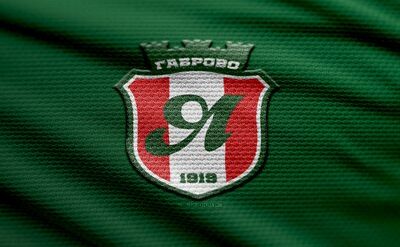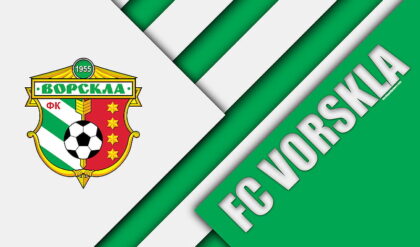Mozambique FC has become an emblem of national pride and sporting excellence in southeastern Africa. Over recent years, the team has undergone a remarkable transformation from a struggling side to a rising football powerhouse. This journey is not just about wins and losses but reflects a broader narrative of cultural resilience, strategic development, and passionate fan support. The story of Mozambique FC exemplifies how football can serve as a catalyst for unity and national identity.
In this comprehensive article, we explore the multifaceted rise of Mozambique FC, examining its history, key milestones, tactical evolution, infrastructural developments, and future prospects. From grassroots initiatives to international recognition, the narrative underscores the significance of sport in shaping societal progress and fostering a sense of hope among Mozambicans.
The Historical Foundations and Early Challenges of Mozambique FC
Understanding the current trajectory of Mozambique FC requires delving into its origins and the challenges it faced during early times. Like many teams in developing football nations, the path was marked by infrastructural limitations, lack of funding, and limited talent development pathways vaoroitv.
Before the recent resurgence, Mozambique FC was often seen as a secondary team overshadowed by neighboring countries’ more established sides. The initial phases of the club were characterized by sporadic performances, minimal youth engagement, and organizational instability. These setbacks reflected broader issues within the country’s sports governance system, which struggled with resource allocation and strategic planning.
However, despite these obstacles, Mozambique FC maintained a passionate local following. The community’s unwavering support became a foundation for eventual growth. The team’s early struggles underscored the importance of structural reforms, investment in youth development, and fostering a culture of professional discipline—elements that would later catalyze their rise.
The Colonial Era and Its Impact on Football Development
The roots of Mozambique’s football scene stretch back to the colonial period, where Portuguese influence introduced football as a popular pastime. During this era, clubs formed along racial and regional lines, setting the stage for post-independence national teams. The colonial legacy left both opportunities and gaps; while football infrastructure existed, it was often inaccessible to the majority population.
Post-independence, Mozambique inherited a fragmented football landscape. National focus was initially on political consolidation, leaving sports on the periphery. Over time, however, grassroots movements emerged, inspired by the global spread of football, igniting local passion for the game.
The Decades of Struggle and Slow Progress
Throughout the late 20th century, Mozambique FC grappled with internal and external challenges, such as civil unrest, economic hardships, and administrative inefficiencies. These factors hampered talent identification and infrastructure development, resulting in inconsistent performances.
Despite these difficulties, the team continued to produce talented players who played domestically and abroad. Their perseverance laid the groundwork for future success, illustrating the resilience ingrained in Morocco’s football culture. Recognizing the need for systemic change, football authorities began collaborating with international organizations to introduce developmental programs, setting the stage for the club’s renaissance.





